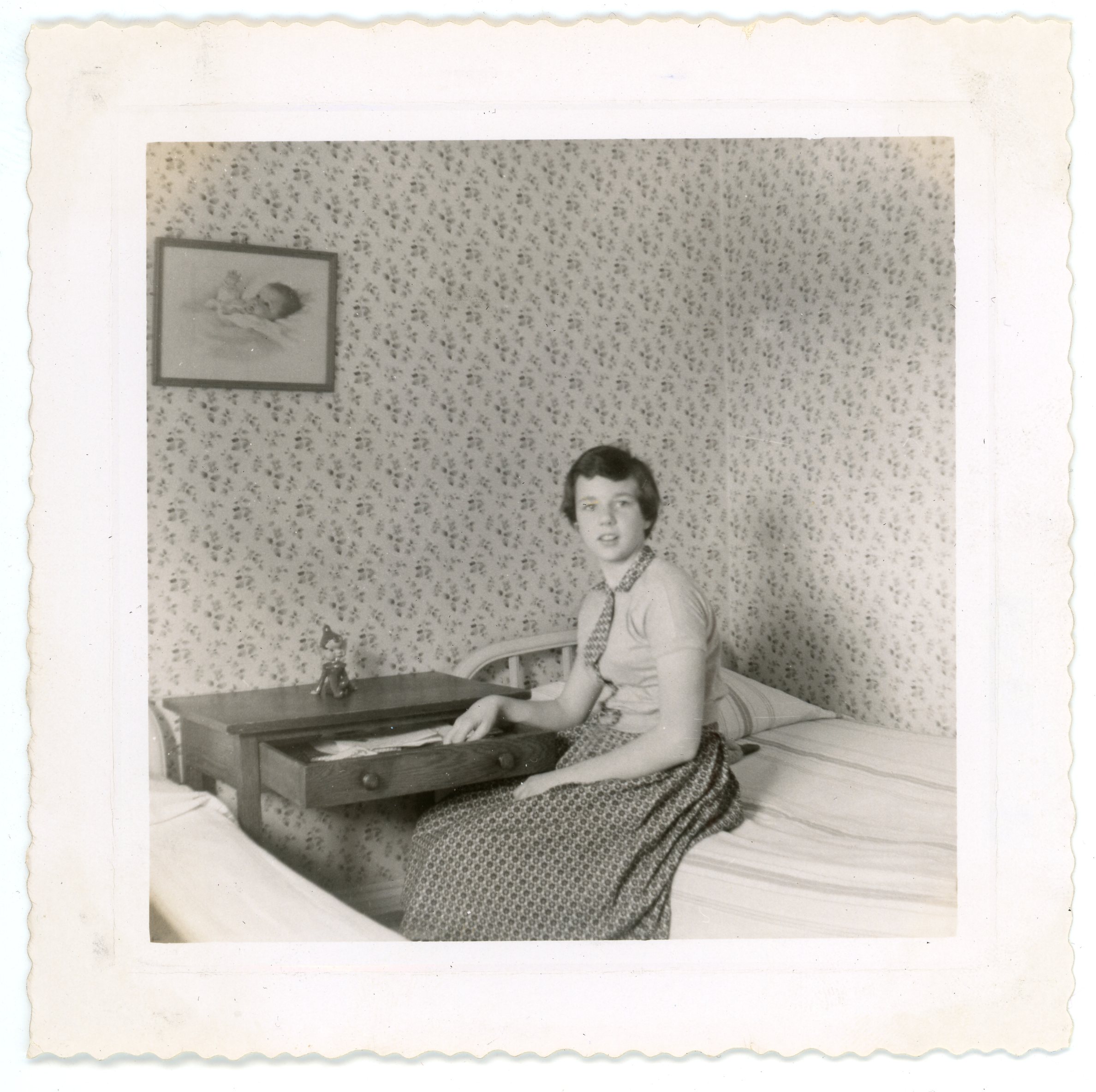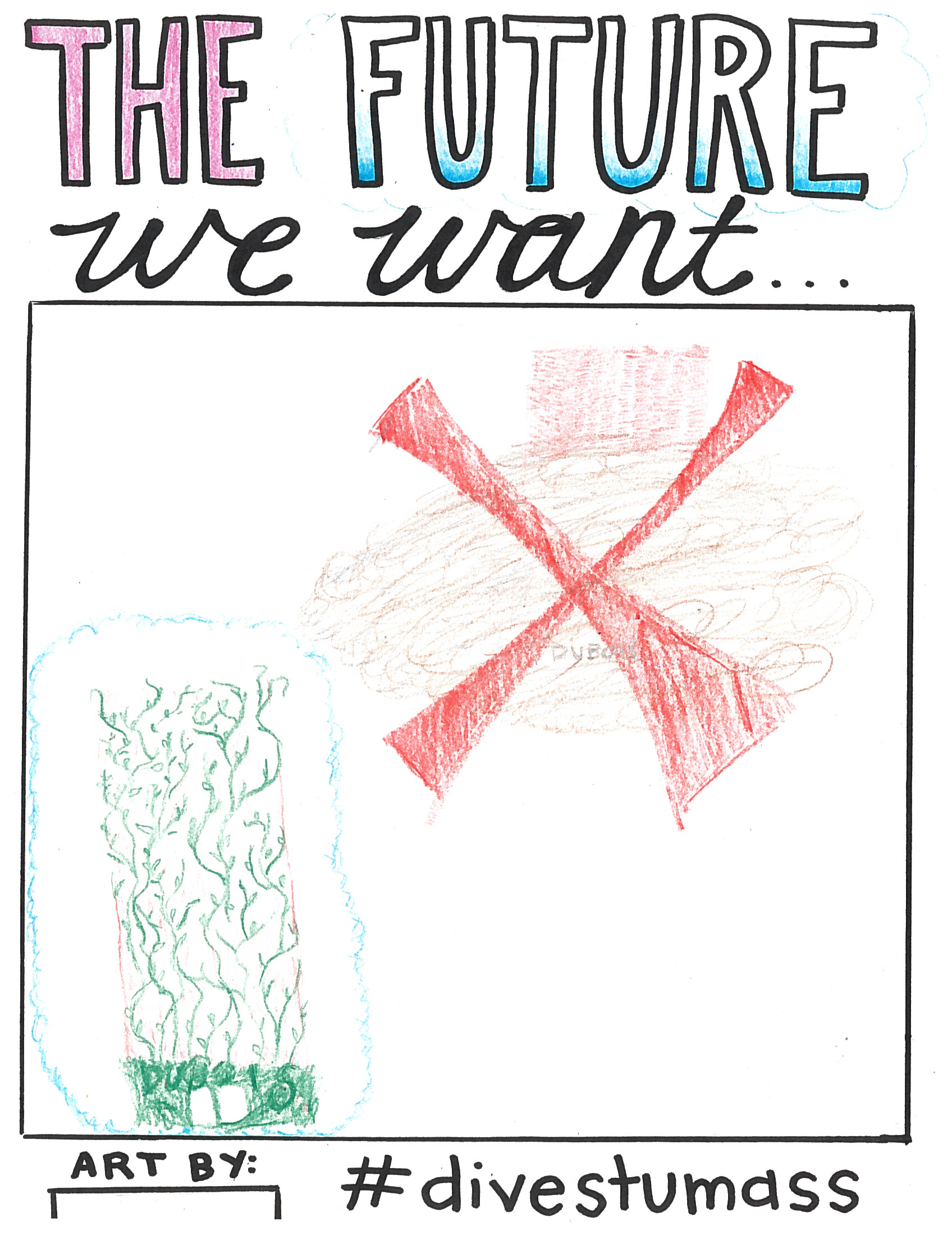Hadley Neighbors for Sensible Development Records
A local, grassroots organization, Hadley Neighbors for Sensible Development coalesced in the early 2000s to advocate for environmentally and socially responsible development in Hadley, Mass. Working through the town planning board and town meeting, the group successfully opposed the construction of Walmart Superstore in town and worked to mitigate the impact of Lowes and other big box stores along the Route 9 corridor.
A miscellaneous assortment of documents relating to work in town meeting and with the town planning board, the collection includes notes, newspaper clippings, and assorted background information.


